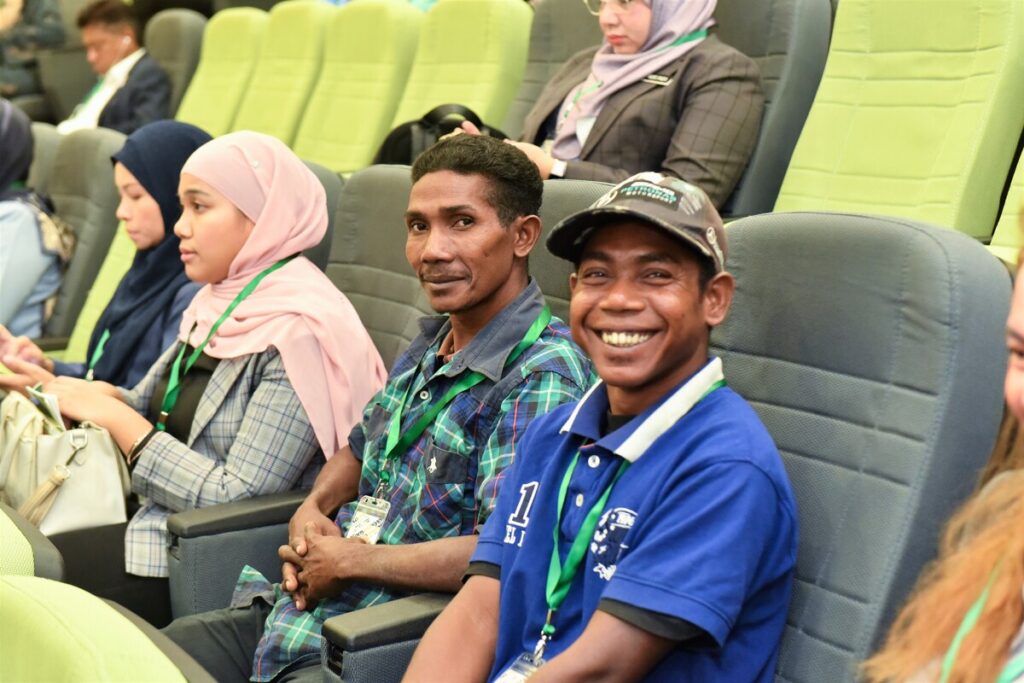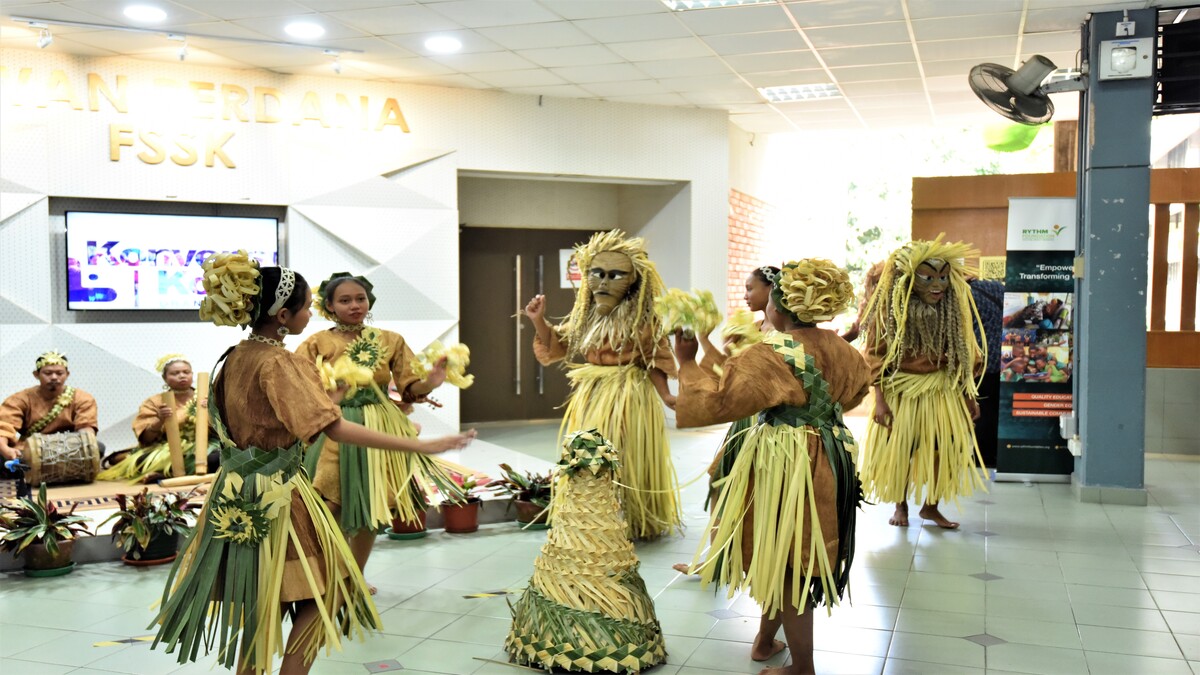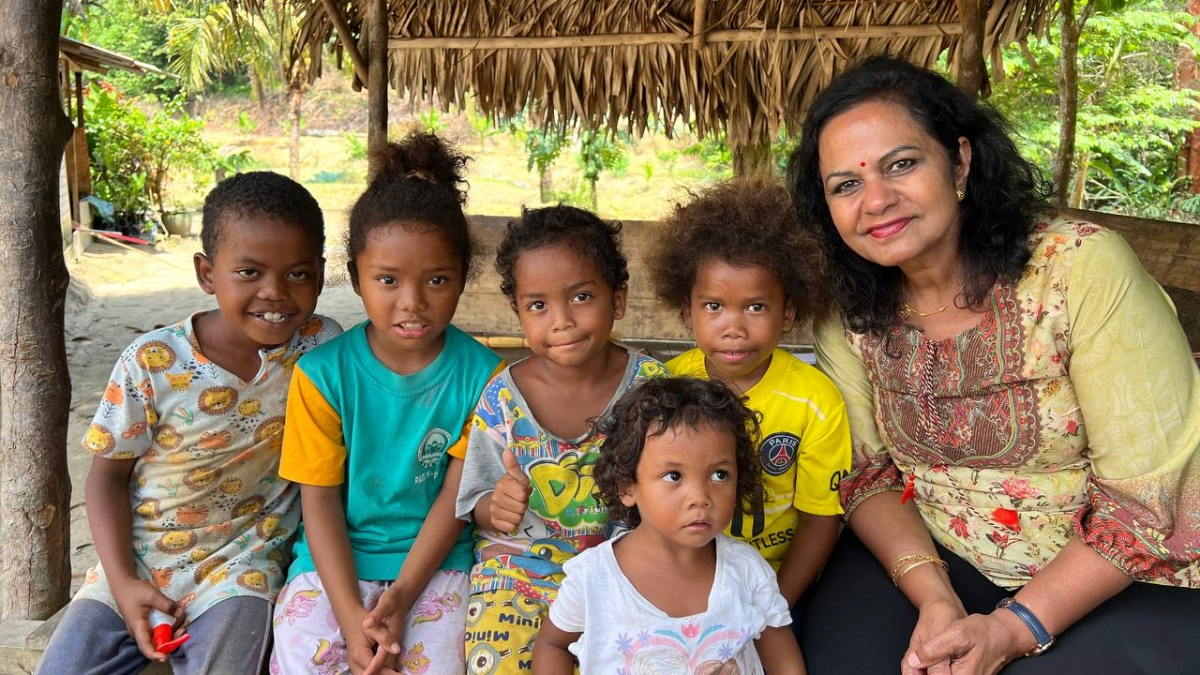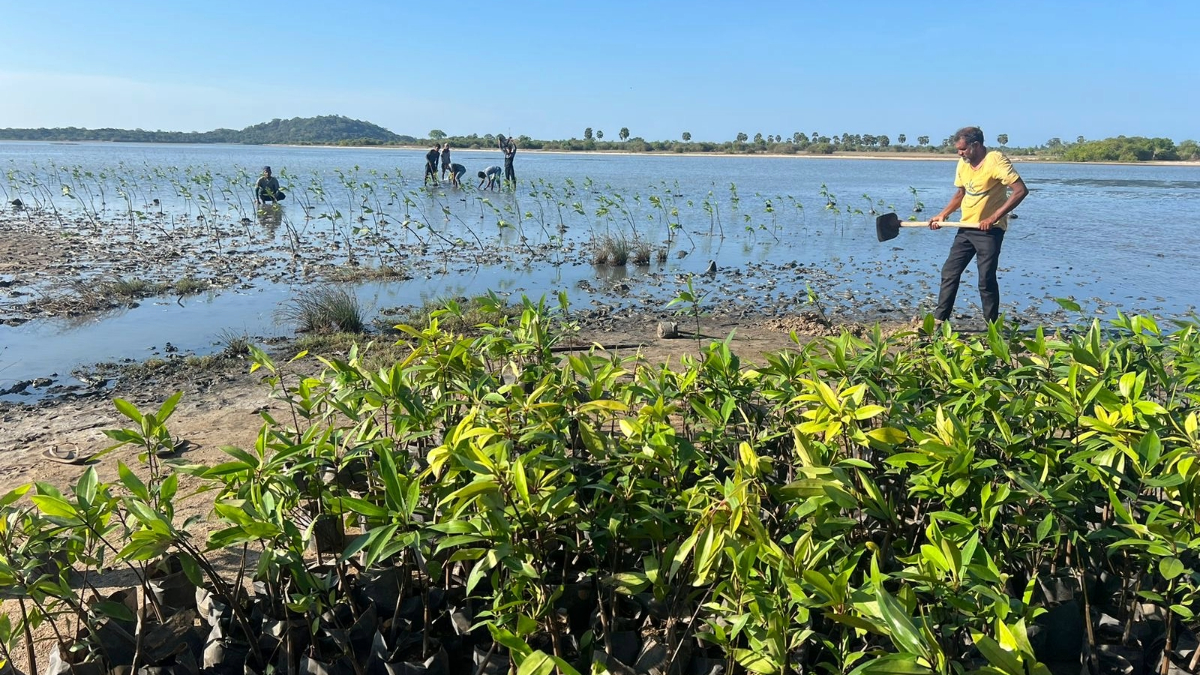In a resounding display of solidarity and determination, key stakeholders recently grouped for a groundbreaking two-day convention that could signal a turning point for Malaysia’s indigenous communities.
The ‘Indigenous Communities in Malaysia: Reframing the National Sustainability Initiative’ Convention, hosted by RYTHM Foundation and Universiti Kebangsaan Malaysia (UKM), culminated in the adoption of more than 30 resolutions aimed at tackling the deeply-entrenched challenges faced by these vulnerable groups, including the Orang Asli.
Prominent organisations and institutions, including Sime Darby Foundation, Quest International University, Universiti Teknologi Mara, Institut Pendidikan Guru Kampus Ilmu Khas (a teacher training campus for special education needs), and the Malaysian Orang Asli Graduates Association, joined this historic event.
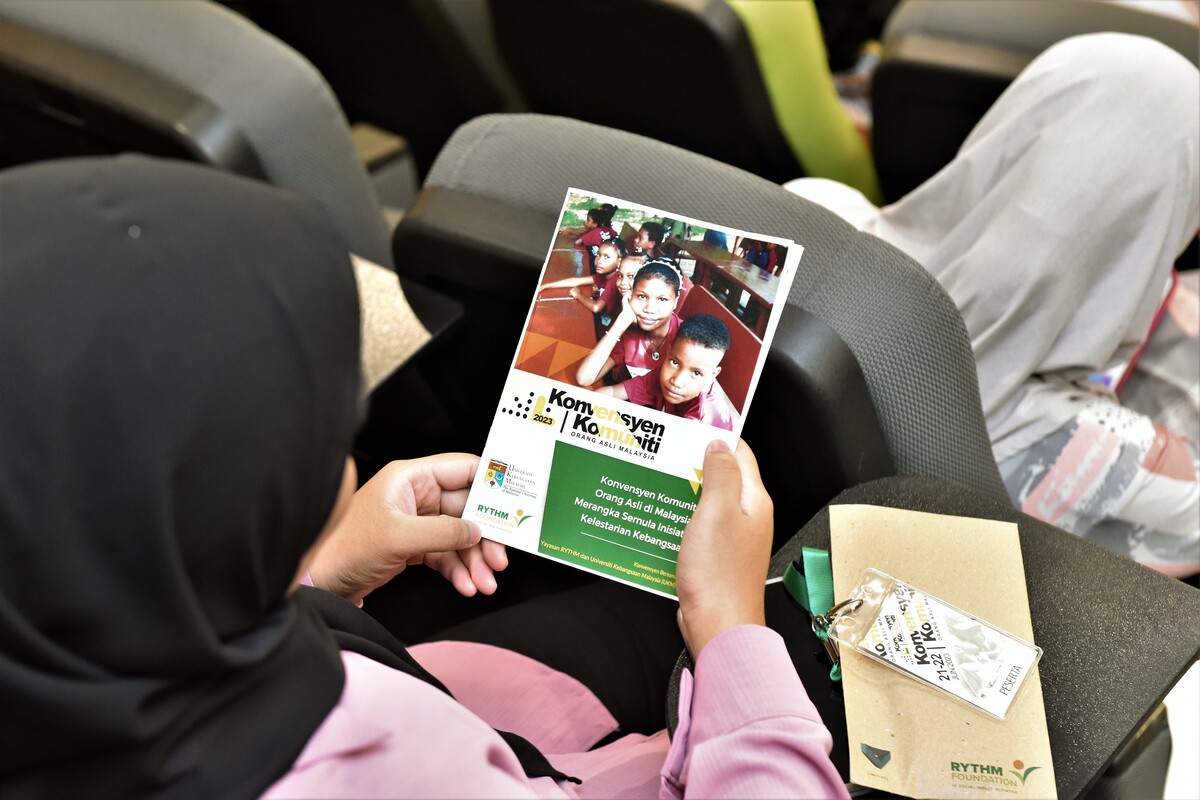
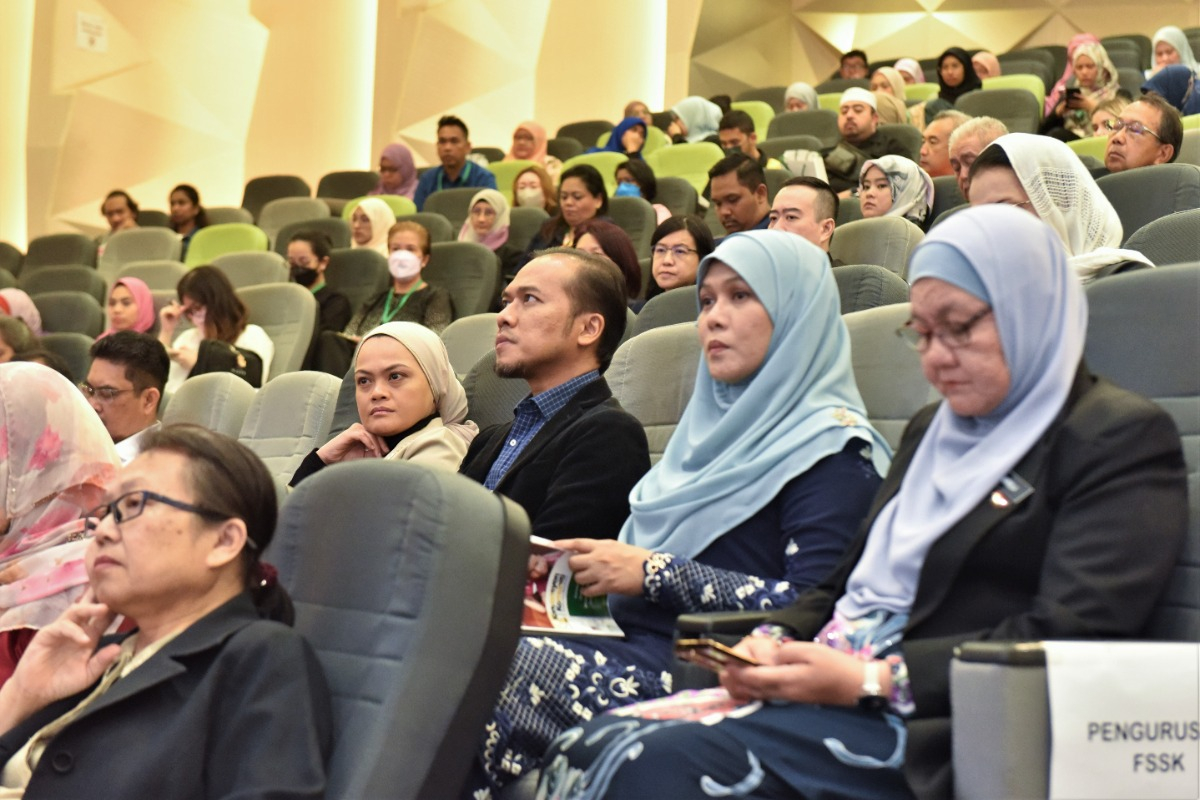
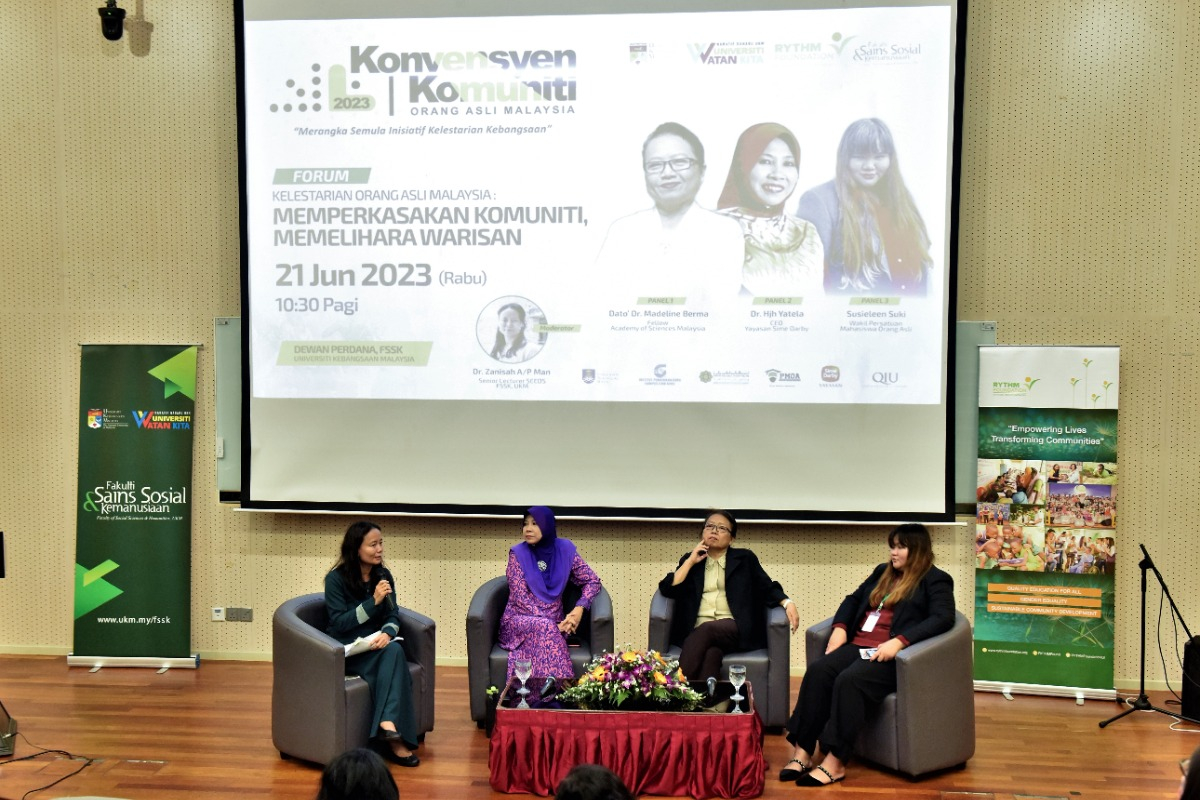
The Head of RYTHM, Santhi Periasamy, expressed the convention’s commitment to addressing historical injustices and social inequalities indigenous communities face.
“For too long, indigenous communities across the globe, including Malaysia, have borne the burden of historical injustices, cultural marginalisation, and social inequalities. Their struggles, resilience, and wisdom have often been overlooked or overshadowed,” Santhi said.
“We gathered with a shared responsibility to understand, acknowledge, and initiate action to address the pressing concerns that affect Malaysia’s indigenous peoples.
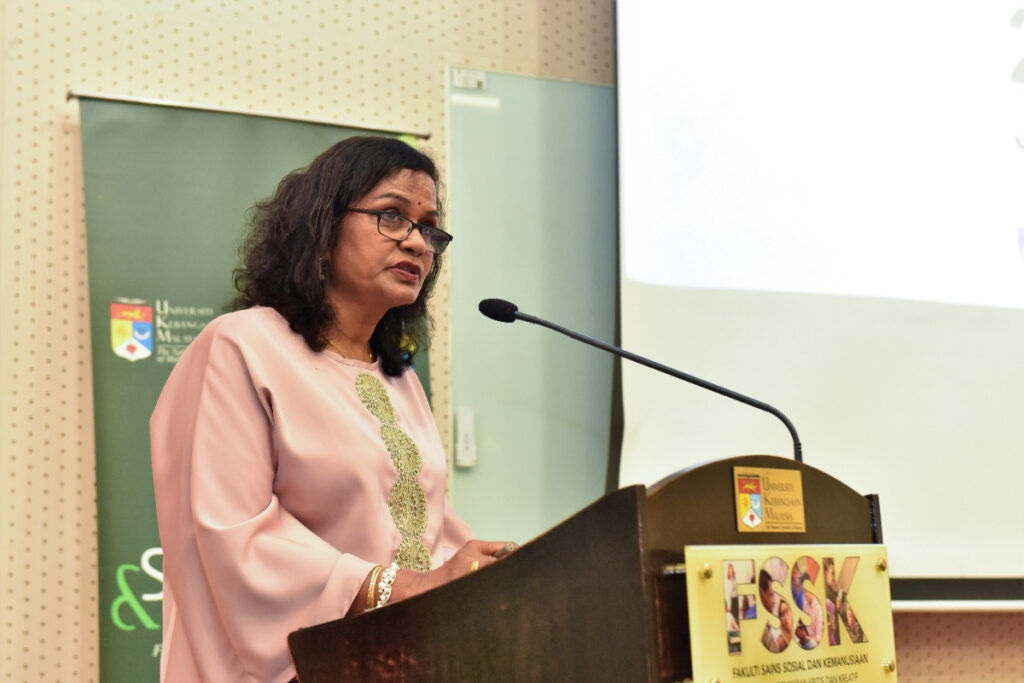
Also read: Malaysia’s Bateq Tribe Children Make History at Mainstream School
Resolutions to Empower the Indigenous
The resolutions, born out of insightful keynote speeches, forums, roundtable discussions, and project presentations, focused on empowering the communities in several crucial areas. The critical resolutions in these strands included:
- Education: Creating a relevant curriculum for the communities focusing on aspects of their daily lives, including health, nutrition, and hygiene, and teachings about spirituality and stewardship.
- Health: Developing culture-appropriate health programmes and enabling the largely relegated groups to take control of the health needs of their communities.
- Livelihood: Empowering the indigenous through sustainable economic initiatives like skill development programmes, microfinance access, and creating sustainable enterprises that harness their rich cultural heritage.
- Human rights and statelessness: Alluding to reports by the Human Rights Commission of Malaysia and the United Nations Declaration On The Rights of Indigenous Peoples to uphold their fundamental rights and ensure their inclusion in the nation’s progress.
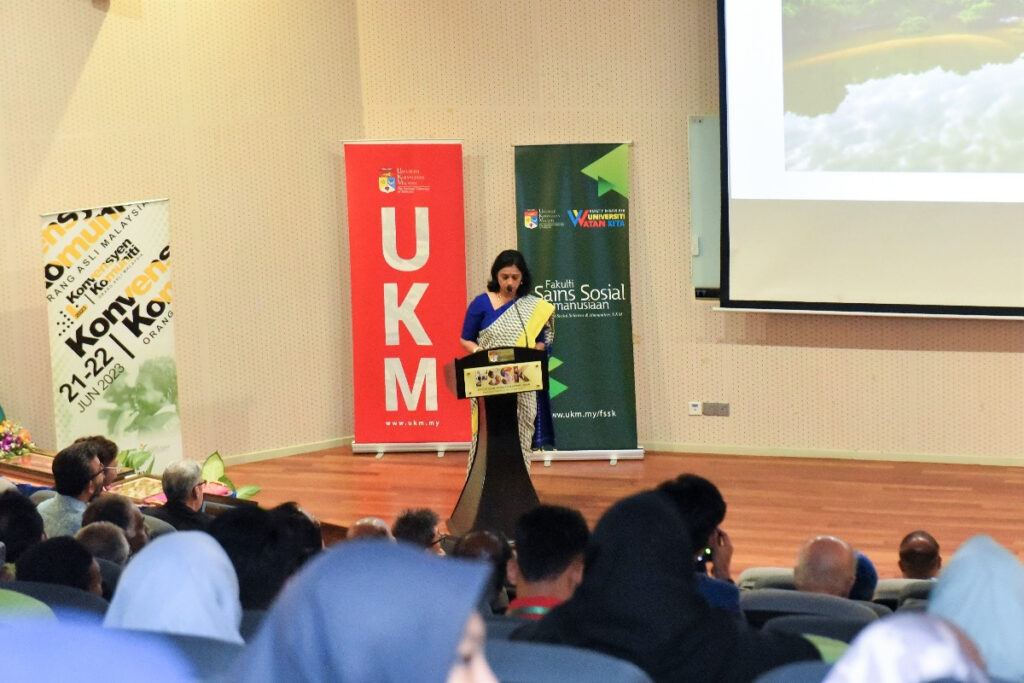
Respect the Indigenous Wisdom, Culture and Future
The Chairperson of RYTHM, Datin Sri Umayal Eswaran, emphasised society’s moral obligation to address the injustices against indigenous communities and work toward meaningful change. She implored the participants to engage in introspection, embracing the essence of three pivotal messages in her keynote speech:
- Acknowledge the importance of indigenous knowledge in the modern world: “In our pursuit of progress, we often overlook the wisdom of those who have lived in harmony with nature for countless generations. By acknowledging and incorporating their wisdom, we can find innovative solutions to combat climate change, protect biodiversity, and create a sustainable future for all.”
- Celebrate the Orang Asli’s achievements and their role in shaping Malaysia: “The Orang Asli are integral to Malaysia’s multicultural tapestry. Their vibrant cultures, unique languages, and rich traditions deserve celebration and recognition. By including the Orang Asli in the narrative of Malaysian society, we honour the tapestry of identities that contribute to our nation’s richness and strength.”
- Open our hearts to improving their lives and preserving their culture for future generations: “The Orang Asli have a beautiful culture of respecting nature and seeing themselves as part of the ecosystem. But these communities, like the rainforests of Malaysia, exist in the long shadow of the past within a chaotic present — and without a future. Our moral obligation is to open our hearts and minds to these injustices and work towards meaningful change.”
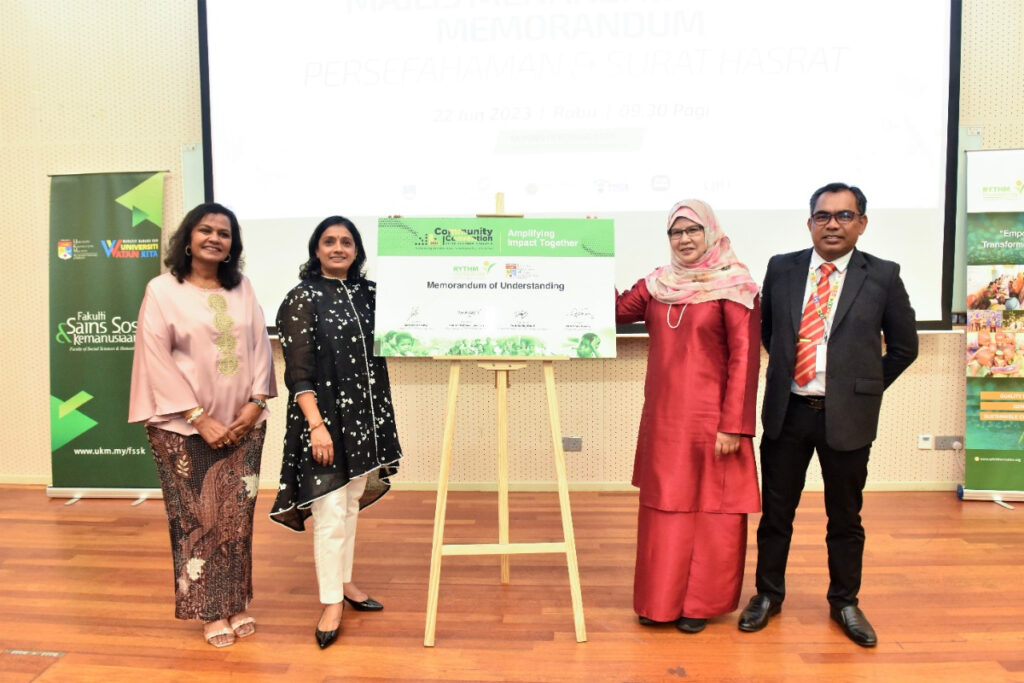
Also read: Community Adoption Programme Beneficiaries in Sabah Show Remarkable Improvement and Growth
The collective efforts of the diverse stakeholders sought to pave the way for a brighter future for these communities, one where they could thrive, contribute, and be recognised as valuable members of Malaysia’s rich tapestry.
The Deputy Dean of the Faculty of Social Sciences and Humanities, Professor Dr Sity Daud, said, “We are committed to closely collaborating with the government and relevant stakeholders to ensure the implementation of these resolutions for sustainable change.”
During the convention, RYTHM also showcased its impactful Community Adoption Programme (CAP) for Malaysia’s indigenous communities.
This programme, implemented in various villages in Sabah and Pahang, has made significant strides in providing academic support, youth development, and women’s empowerment initiatives. The successful endeavours demonstrated the potential for sustainable change when communities and stakeholders collaborate.
